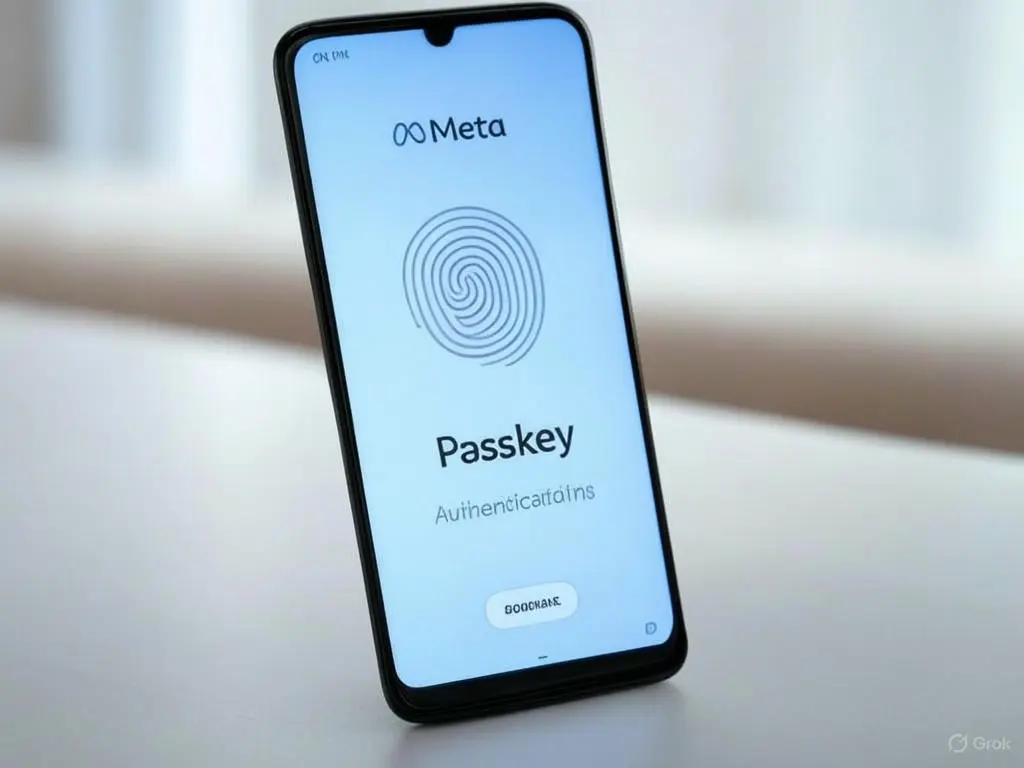Meta has introduced passkeys on Facebook and is rolling them out to Messenger in the coming months. This feature offers a passwordless login experience that enhances privacy, reduces the risk of cyberattacks, and simplifies access to accounts.
What is a Passkey?
A passkey is a digital credential that allows users to log into platforms using biometric authentication methods such as fingerprints or facial recognition, eliminating the need for traditional passwords. Unlike passwords, which can be phished, guessed, or leaked in data breaches, passkeys are stored securely on your device and never transmitted to Meta’s servers. They are also unique to each website or app, preventing their reuse across multiple platforms a major vulnerability of password-based systems.
Meta joins a growing list of tech giants including Apple and Google that have adopted passkeys as the future of authentication. The push toward passwordless security reflects a broader industry trend aimed at minimizing user exposure to online threats such as phishing and credential theft.
Why You Should Use Passkeys
Passkeys offer several advantages:
- Stronger Security: They are inherently resistant to phishing attacks and data breaches.
- Convenience: Users can sign in quickly using biometric sensors on their smartphones or computers.
- Privacy First: Since passkeys are device-bound, users maintain control over their login credentials without sending them over the internet.
How to Set Up a Passkey on Facebook
To activate a passkey on your Facebook account:
- Open the Facebook app on your mobile device.
- Go to Settings & Privacy > Settings.
- Navigate to Password and Security > Passkey.
- Follow the on-screen instructions to register your device using biometric authentication.
Once set up, you’ll be able to log into Facebook simply by verifying your identity with your fingerprint, face, or device PIN no password required.
As cyber threats grow more sophisticated, Meta’s move to integrate passkeys marks an important step forward in online safety. It’s a simple change that can make a big difference in protecting your digital life.

